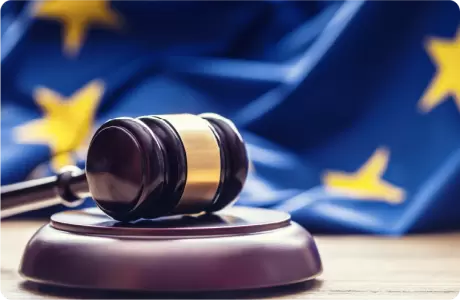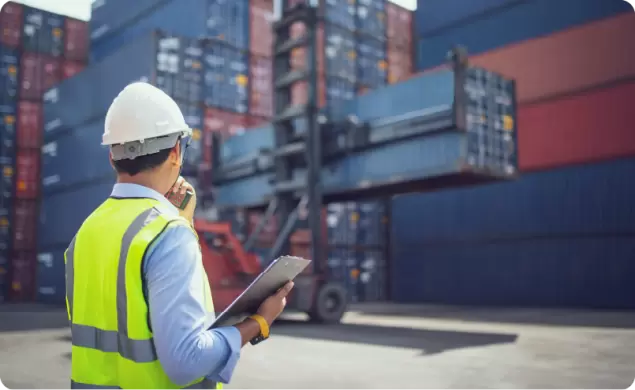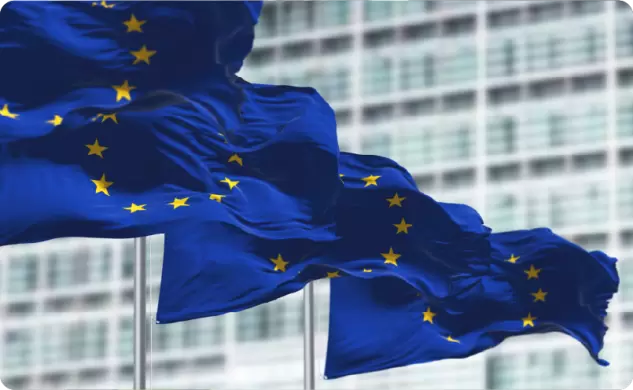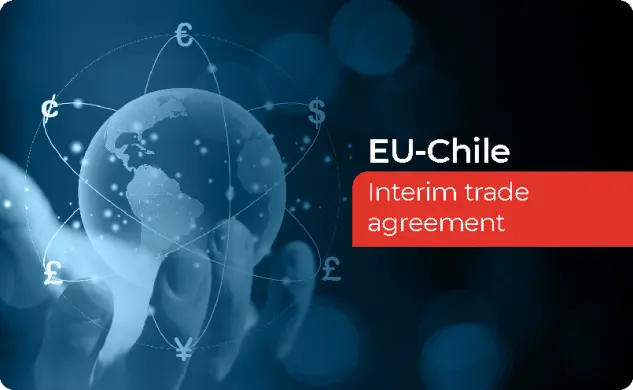News Nachrichten

News | 2.5 Minuten Lesezeit
16th EU package of economic and individual measures against Russia.

News | 2 Minuten Lesezeit
Binding valuation information (BVI): Enhancing transparency in EU customs valuation.

News | 2 Minuten Lesezeit










